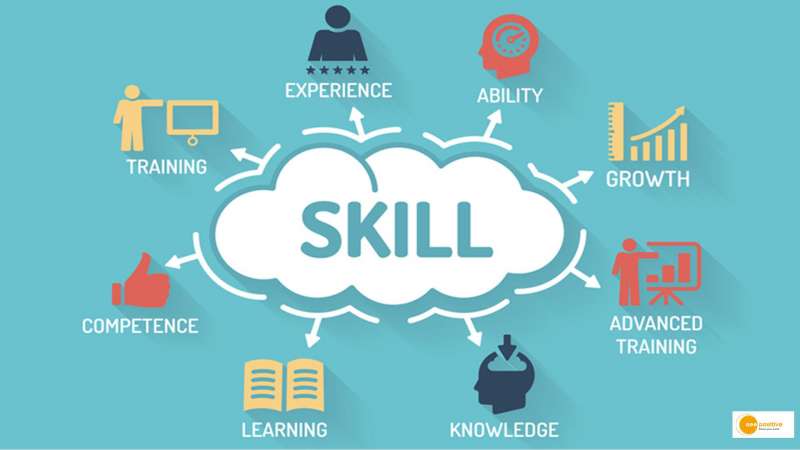

As we live in an era of unprecedented change, skill-based learning has become a necessity. The introduction of new technology has ushered in a new era of opportunity, but are we prepared to capitalise on it? There has recently been much discussion about transforming the traditional higher education system into a skill-based one. The National Education Policy 2020 places an emphasis on practical, hands-on skill development over classroom-based learning. India has been dealing with issues such as unemployment and graduates who are unemployed or lack soft skills. Despite a large pool of talent, many young people are unable to find work due to a lack of the necessary skill sets.
What we need to do is distinguish between skill-based and knowledge-based education. The latter involves understanding concepts whereas the former aims to channelise education into a practical form to find solutions. It is the second that many companies want. They are looking for talented individuals who can innovate, are open to learning and re-learning, can apply their knowledge practically, and are willing to upskill.
According to consulting firm McKinsey, approximately 69% of companies globally are focusing on skill-building, and more than 50% believe that the pandemic and the challenges it posed have increased the demand for a multi-skilled workforce. According to an Accenture report titled Fueling India’s skill (R)evolution, the country could lose 2.3% of its annual growth by 2028 if skill-building is not on par with modern technological interventions.
Bridging the gap
While our higher Education System is currently undergoing several changes, the growing need for seamless coordination of a classroom-based curriculum and practical skills-based learning demands that our institutions and academicians begin designing a different kind of curriculum that focuses on research, development, and training.
This can be achieved through the following means:
Industry-Academia partnership: A strong collaboration with industry will be required to provide students with skilled courses. Higher education institutions (HEIs) must bring in industry experts to their laboratories so that students are aware of what is going on. Regular seminars and classes, internships, and on-the-job training/live projects are also excellent ways to learn about the inner workings of the industry. This will allow academia to update existing learnings with newer methodology over time, ensuring advanced pedagogy.
Government-academia partnership:
The government can assist institutions by providing the necessary infrastructure for advanced laboratories and research and development wings. A collaboration between the government and HEIs on apprenticeships and incentives will allow students to gain valuable experience before entering the workforce.


